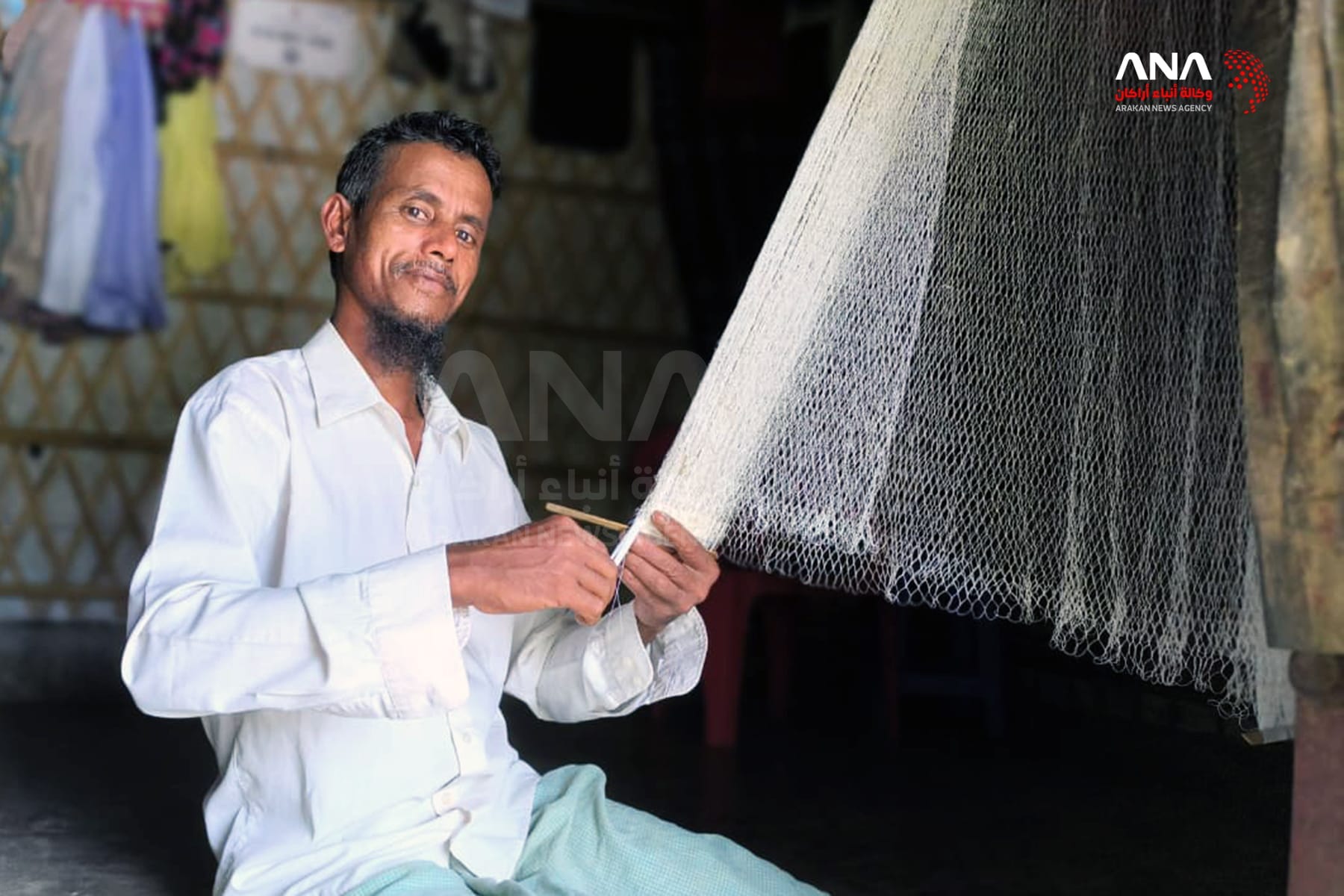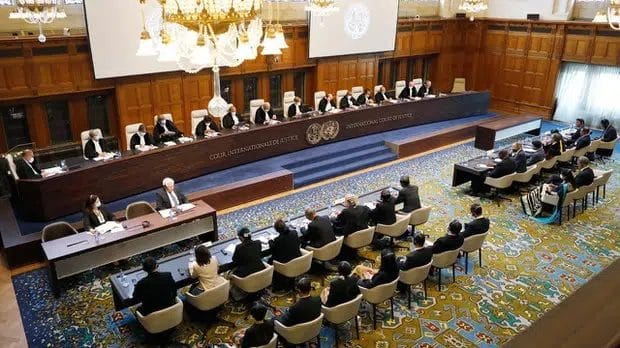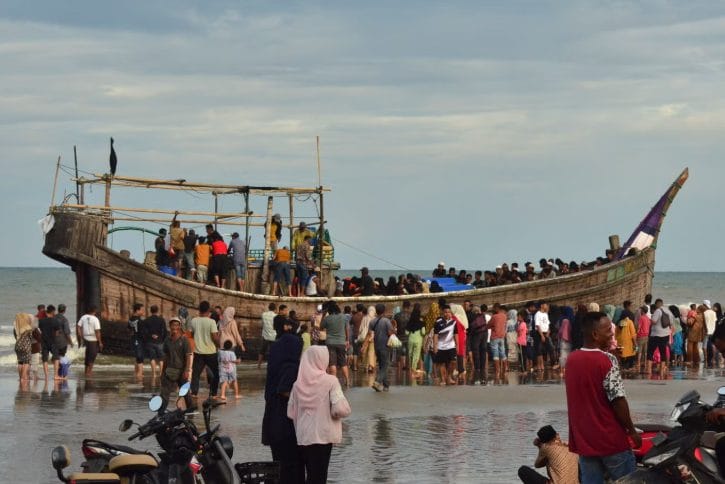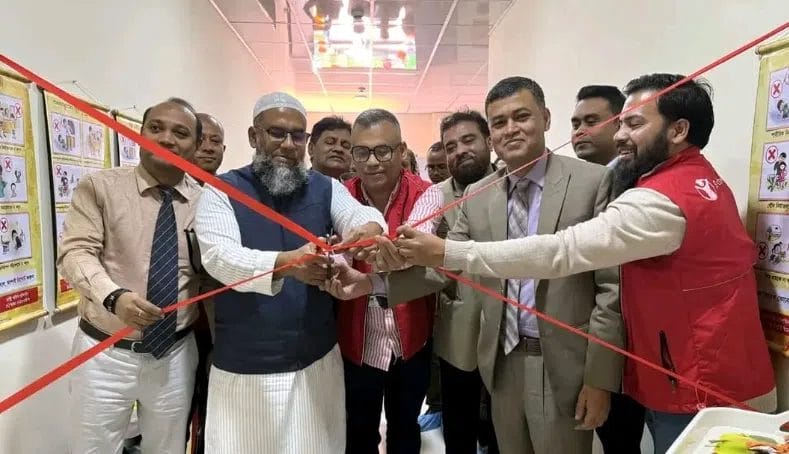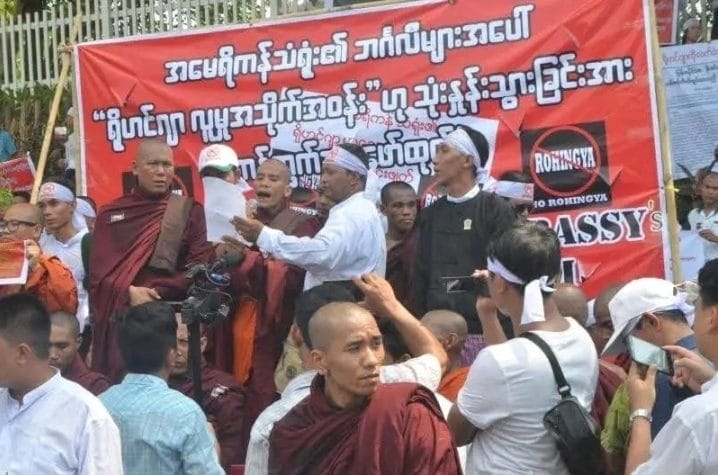Arakan News Agency | Exclusive
In a crowded Rohingya refugee camp in Cox’s Bazar, Bangladesh, 40-year-old Mohammed Amin has found in fishing net weaving a way to support his family and community amid the harsh conditions of displacement.

Amin relies on repairing and making nets to provide food, clothing, and basic needs for his children, striving to preserve his family’s dignity despite the difficulties of camp life.
His story reflects the suffering of thousands of Rohingya fathers who endure the hardships of displacement and poverty, yet it also highlights the symbolism of resilience, as his simple craft has become a symbol of strength and determination to survive.
In the silence of his shelter, his hands keep moving—a testimony that even in times of crisis, the human spirit can build, create, and sustain hope. For him, a fishing net is not just a work tool but a “thread of hope” that ties his family to the dream of a better tomorrow, reminding us that behind every refugee statistic is a human being who refuses to give up.
Bangladesh currently hosts over one million Rohingya refugees in the camps of Cox’s Bazar—recognized by the United Nations as the world’s largest refugee settlement. Refugees there have lived under dire humanitarian conditions since fleeing Myanmar in 2017, following what has been described as a campaign of “genocide” carried out by the Myanmar military. Their situation worsened further after renewed fighting broke out between the Myanmar army and the Arakan Army in November 2023.

